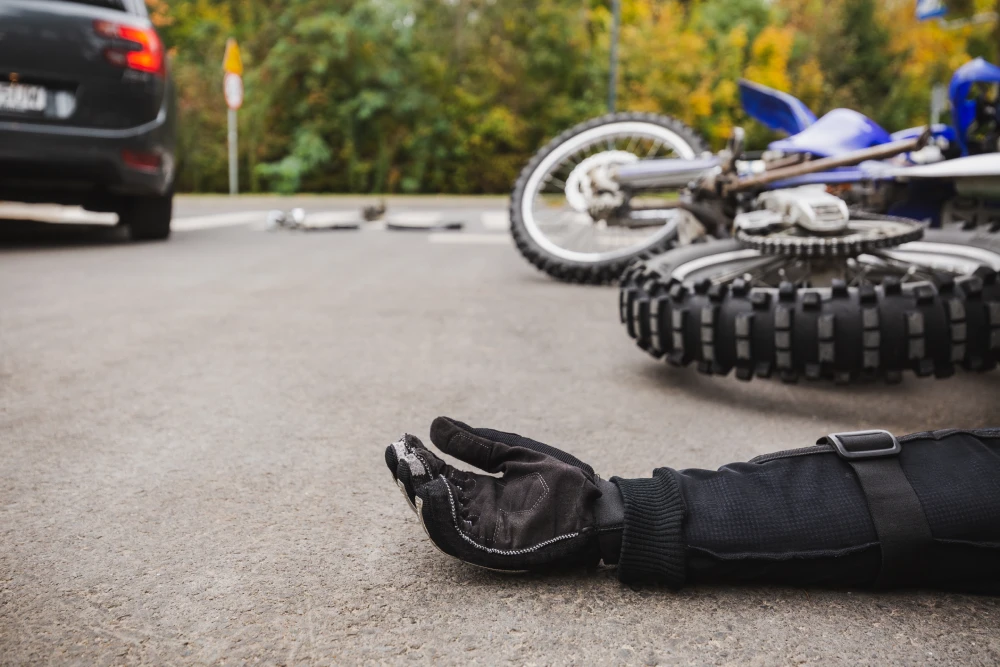Based on the laws of physics, truck accidents are far more dangerous for the occupants of the passenger cars involved than they are for the occupants of the truck. These crashes led to more than 1600 injuries in Louisiana in 2015, and more than 80 deaths. In the aftermath of these serious crashes, there is often a trail of heartbreak over lost loved ones, physical disabilities that impair one’s way of life, emotional pain and suffering, and financial distress related to mounting medical bills.
Injury victims are entitled to recover for losses caused by the negligence of another. In a truck accident, the driver may have been at fault, but it is often his or her employer that is legally responsible under a theory of vicarious liability.
What is vicarious liability in truck accidents?
Vicarious liability, also known by the Latin phrase “respondeat superior”, is holding one party legally responsible for the actions of another.
For an employer to be vicariously liable for the unintentional actions of its employee, the employee must have been working within the scope of employment at the time. The action must have been for the employer’s benefit, even if the employee may have been violating the company’s rules or procedures at the time of the accident.
Vicarious liability is different from an employer’s independent liability. For example, the company may be liable for its own wrongful act of poorly maintaining the vehicle. A truck accident lawyer is experienced at investigating the many factors related to an accident to ensure the victim’s rights are protected.
Causes of truck accidents in Louisiana
There are many possible causes of commercial vehicle accidents, including:
- Driver fatigue
- Poor judgment
- Mechanical problems
- Speeding
- Improper vehicle maintenance
- Poor driver training
An analysis of Louisiana commercial vehicle crashes for 2015 showed that the most frequent citations received by truck drivers in fatal crashes were careless operation and failure to yield.
There are also a lot of federal and Louisiana laws that regulate the actions of trucking companies and their drivers. For example, these laws determine how many hours at a time a driver may drive, how the load may be secured, and when and how the vehicle is to be inspected. These regulations are in place to protect the safety of the public and violations can play a key factor in causing deadly crashes.
Vicarious liability of independent contractor truck drivers
Trucking is different from most other industries, where a company may only be liable for a worker’s actions if the worker was an employee, rather than an independent contractor.
To prevent legal maneuvering that is often detrimental to accident victims and the public at large, federal motor carrier laws deem drivers of interstate carriers to be “statutory employees” for purposes of respond at superior liability – the company is treated as the employer regardless of whether the driver was an independent contractor. This relationship is important to understand because trucking companies have historically tried to avoid liability by deeming a driver an independent contractor. These motor carrier laws mean accident victims are not limited to recovering from the individual drivers; their employers often have greater means to compensate victims.
Lafayette, LA personal injury attorney
At the law offices of Bart Bernard, in Lafayette and Baton Rouge, LA, we are dedicated to making sure truck accident victims can focus on the future, not on who to file a lawsuit against. Trust experienced Louisiana personal injury lawyer Bart Bernard to hold the trucking companies accountable so you can see your most favorable outcome.
Additional Truck Accident Resources
- e-CFR, Part 390 – FEDERAL MOTOR CARRIER SAFETY REGULATIONS; GENERAL, http://www.ecfr.gov/cgi-bin/retrieveECFR?gp=1&ty=HTML&h=L&mc=true&=PART&n=pt49.5.390
- LSU, Commercial Vehicle Safety in Louisiana: An Analysis of Truck Crashes for 2015, http://datareports.lsu.edu/Reports/SpecialReports/2015_CMV_Summary.pdf



